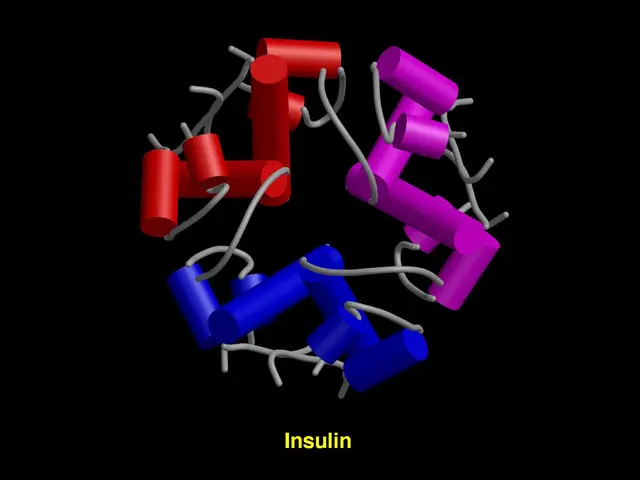Arthritis: Anti-Inflammatory Diet Eases Symptoms, Slows Disease Progression
Arthritis patients can ease symptoms and slow disease progression by adopting an anti-inflammatory diet. This involves cooking with extra-virgin olive oil, incorporating turmeric and ginger, and increasing fiber intake through beans and whole grains. Leafy greens, colorful berries, nuts, and seeds are recommended for their vitamins, antioxidants, and healthy fats that support cartilage and reduce oxidative stress. Omega-3 fatty acids, found in fatty fish like salmon, mackerel, sardines, or tuna, can help temper inflammatory pathways. These foods should be consumed twice a week or through supplements. Weight control is crucial as losing just one pound can reduce knee joint load by about four pounds. Cutting back on ultra-processed foods, added sugars, excessive salt, and large amounts of red or processed meat can help reduce inflammation. Dietary changes, when combined with medication, regular exercise, and professional guidance, can be a powerful tool in managing arthritis. Diet plays a critical role in managing arthritis by either fueling or calming inflammation. Chronic inflammation is central to arthritis, and dietary components can affect inflammation by influencing oxidative stress, immune responses, and gut microbiome balance. Adopting an anti-inflammatory nutritional diet can ease arthritis symptoms, slow disease progression, and improve quality of life. However, it's important to note that dietary changes are not a substitute for medical treatment and may take time to produce noticeable effects.







